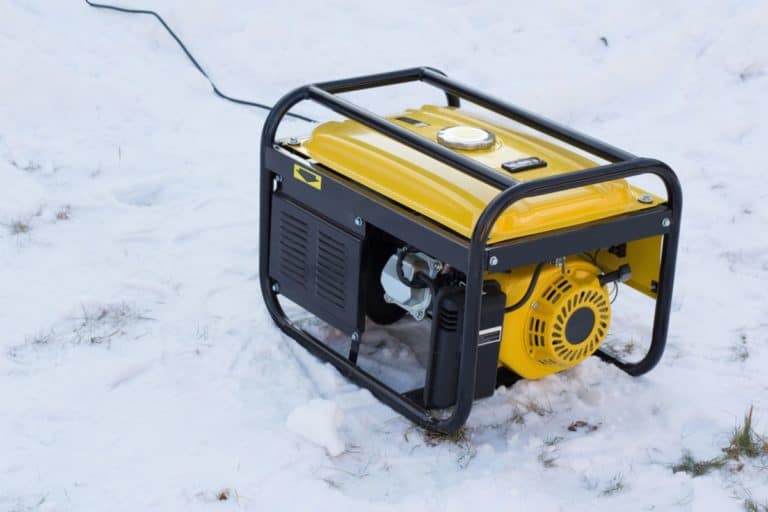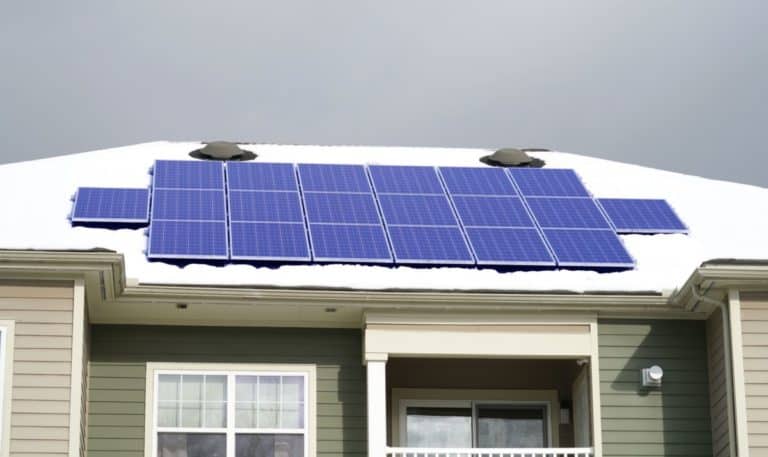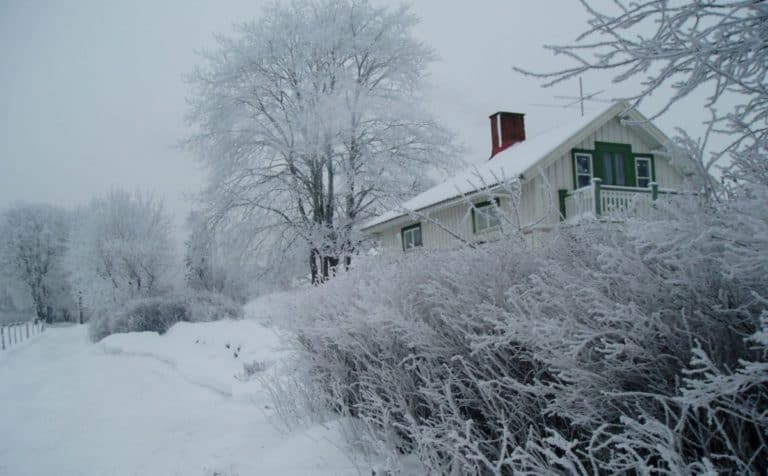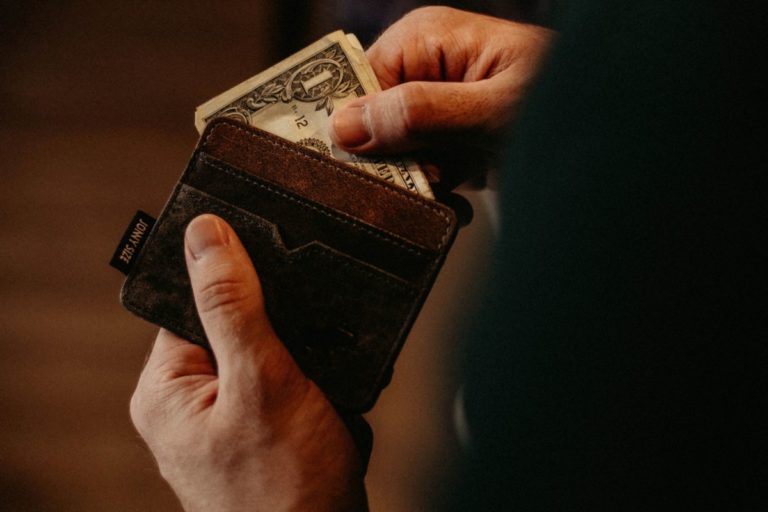Will Taking My Home Off-grid Destroy Its Value? Here’s The Truth
The idea of living off-grid has become increasingly popular as more and more people become environmentally conscious. However, before taking the plunge, homeowners should consider if going off-grid may impact their home’s value. Sure, shows like Unplugged Nation and Building Off the Grid are entertaining, but is going all off-grid the right choice for you and your home?
Taking a home off-grid won’t necessarily destroy its value, but certain aspects of going off the grid can impact resale. The decisions a homeowner makes when going self-sufficient will make a difference in the variety of buyers an off-grid house will likely attract.
Some potential buyers may be happy to buy a house that can be powered by alternate means, but they may not be so keen to purchase one that entirely relies on the elements for electricity. So, if resale value matters to you, what should you consider before deciding to go off-grid? And can you go sort of off-grid? Read on to find out.
Table of Contents
Will Taking My Home Off-grid Destroy Its Value?
The expense of going off-grid can range widely, depending on what you want to do:
- In regards to electricity and using a solar system will typically cost around $38,000 to $65,000. However, there are tax credits and other incentives that may shave that down.
- If you want to be genuinely independent, going off the grid for your water supply can run $12,000, with heat costing another $8,000.
- Depending on the size of the home and the extent of the modifications, moving off-grid can cost anywhere from $20,000 to $310,000.
- Despite a considerable initial expense, going off the grid can save you $10,000 annually. Over the course of the typical 30-year mortgage, you can see how you might be able to make that investment back.
Being a homeowner, whether you are on or off the grid, means that you will have to make decisions about how much money to put into a house and how significant changes can affect your resell value.
When deciding whether to take your home off-grid, some things to consider are location, types of buyers, and how off-grid you go. If you want to consider options that will be attractive to resellers, while still being self-sufficient and more mindful of the environment, there are more ways than one to go off-grid.
Related reading: How much money do you need to go off the grid?
How Does Location Affect Off-grid Homebuyers?
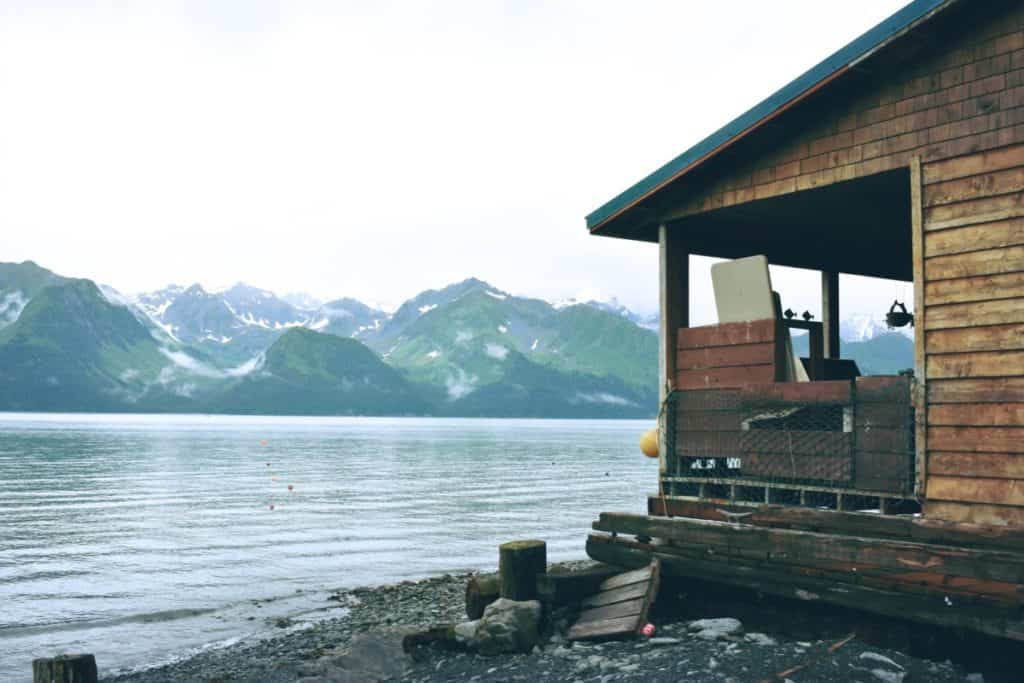
In some locations, off-grid homes are much more popular and, therefore, valuable. For example, according to one article, “85% of Australians confirmed that they would rather buy property with full solar supply than being connected to the grid.”
In some rural areas, living off-grid may be the only or the least expensive choice. Location also comes into play when considering how weather and climate will affect your off-grid energy source.
You will also have to take location into consideration when considering government regulations. In the U.S, current states that have the least restrictions for off-grid living are Alaska, Arizona, Hawaii, Idaho, Montana, Missouri, Nevada, Ohio, Tennessee, Texas, and Washington. The Homestead Survival Site has a great list of the Top 10 States for Living Off the Grid.
Ideally, if you are living and looking to sell in one of these states or locations, you may have better luck getting a price that reflects the true value of your home.
Related reading: Best places to live off-grid, ranked
What Types of Buyers Are Looking To Buy Off-grid?
When thinking about selling an off-grid home, you will want to consider who your buyer will be.
- Environmentally-conscious individuals may be willing to pay the same, or even more, in order to have a home that is already “green.”
- The rise of survivalists and “preppers” may also lead to a larger buying pool for an off-grid home.
- Selling an off-grid home can also be made easier with a real estate agency that focuses on such homes. Survival Realty and United Country Real Estate are two agencies that specialize in selling and buying off-grid, sustainable properties.
The right buyer matters with any home – and off-grid buyers are out there. You just have to find them. Having an agent who has the experience and the resources to find a buyer who wants an off-grid home can make a world of difference in getting the best price that reflects the value of your home.
Just How Off-grid Is Your Home?
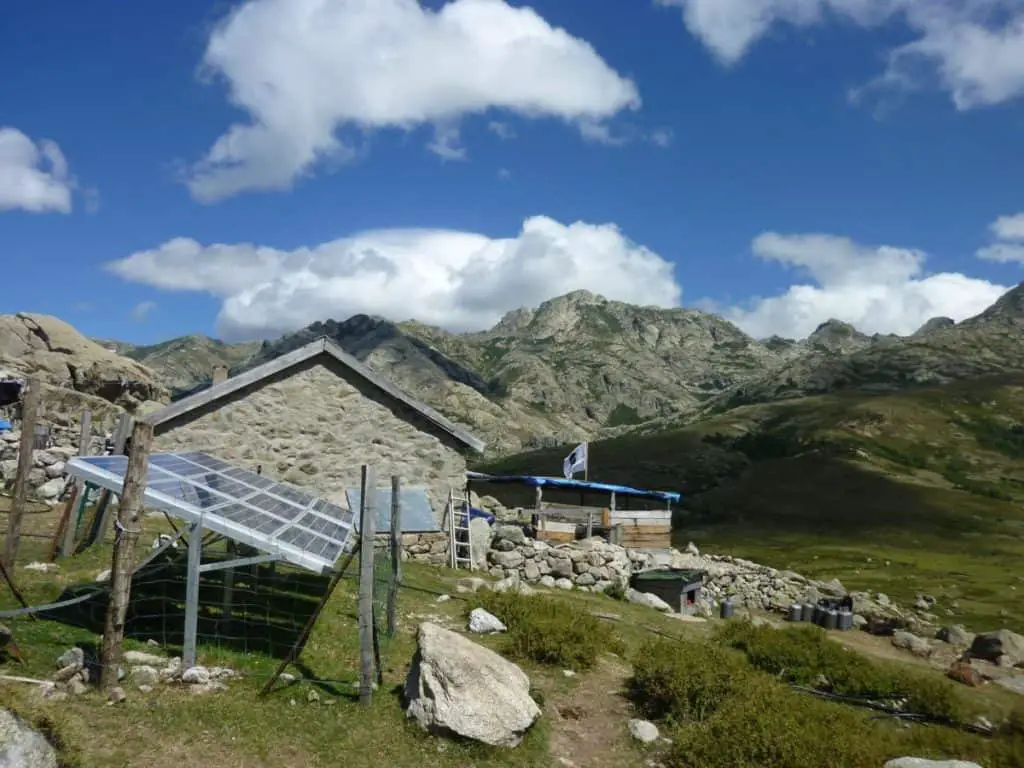
If you are worried about your home losing value, one option is to check into non-permanent or reversible changes.
For instance, instead of going fully solar and installing an entire roof full of panels, you can add some panels to your home to use along with your existing grid.
If you decide living off the grid isn’t for you, or if you want to reconnect before putting your property on the market, you can look to spend around $3,000 in town or $12,000 ¼ mile to the nearest pole to reconnect.
By going off-grid in non-permanent ways, you may be able to have the best of both worlds. While living in your home, you will receive the benefits of your changes: more independence, helping the environment, saving money, whatever motivates you to want to live off the grid.
But with changes that can be reversed more easily, you can make your home more appealing to “traditional” buyers if and when you decide to sell.
Staying On-Grid While Making Environmentally Sound Choices
If your main reason for considering going off-grid is to help lower your carbon footprint, you may want to start by making some smaller changes.
There are many environmentally friendly things you can do in your day-to-day life, such as lowering your thermostat while you aren’t home, taking showers instead of baths, and turning off lights and appliances when not in use.
These strategies are taught to us from a young age and would have a large effect if more people implemented them.
Small, Green Changes That Save on Resources

By choosing one or more small changes to make and being consistent, you can make a big impact on the environment. Here are just a few of the many small “green” changes to consider:
- Using warm or cold water when washing clothing
- Only running the dryer once per batch, or even hanging clothes to dry
- Unplugging chargers when not in use
- Changing your lightbulbs from the incandescent variety to halogen, CFLs, and/or LED
- Turning off the bathroom/kitchen ventilation fans when not in use
- Skipping the preheat and turning off the oven a few minutes early
- Cleaning and replacing filters regularly
- Installing efficient, low-flow showerheads and toilets
Money-saving Green Changes
For those considering off-grid living as a means to save money, there are multiple ways you can make changes to your home that will help not only the environment but also your wallet. Although these ideas may cost money upfront, you will end up saving money in the long run.
- Buy a laptop rather than a desktop. Once it’s time to replace your computer, every four years, according to Computer Hope, going with a laptop can reduce your energy use by 80%.
- Add insulation to your attic. By better insulating your attic, you can save around $600 per year.
- Buy appliances with the Energy Star label. Dishwashers, washers, dryers, fridges, and stoves use vast amounts of energy in your home. By making smart choices when purchasing these appliances, you can save money and help the environment.
- Purchase a home energy monitor. The Sense Energy Monitor “saves you energy and money by providing insight into your home’s energy use and activity.” You can monitor your energy use through iOS, Android, and web apps.
- Purchase a home water monitor. The Flume Water Monitor has “24/7 intelligent leak detection” and can help you save money on your water bill by allowing you to monitor your water usage and receive alerts on your smartphone or Alexa device.
If you want some help to see what other changes you can make, consider having an auditor visit your home. Professional home energy auditors will do a room by room analysis, as well as check out your previous energy bills, to see if any areas need to be addressed to stop energy waste. You can find available auditors in your area here.
Going Off-grid: Should I, or Shouldn’t I?
Taking your home off-grid is a big decision: take time to do your research and consider all the benefits and drawbacks. Also, look into creating a grid-connected renewable energy system for the best of both worlds.
Whether you decide to go completely off-grid or to start with smaller changes, make sure to check out the Dsire site, where you can find a list of incentives, such as loan and grant programs, that your state offers for making energy-efficient upgrades to your home.
For further reading, check out my recommendations for equipment that will help you take your home off-grid.
My Off-Grid Product Recommendations
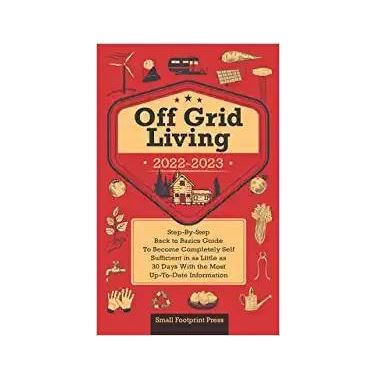
Useful Book: Off Grid Living 2022-2021 – This incredible step by step guide is a great read and gives you useful information about reaching self-sufficiency in just 30 days. Get the paperback on Amazon or read it free with a Kindle Unlimited subscription or listen to the audio version with Audible Plus membership.
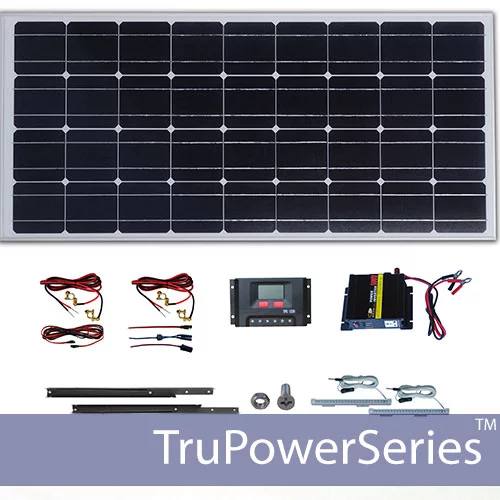
Small Solar Panel Systems: Silicon Solar – This is an excellent company that offers lots of products to get you started on your solar journey. Visit Silicon Solar.
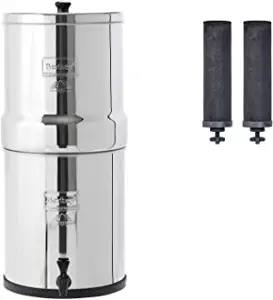
Family Water Filter: Big Berkey – For a fast, affordable water filter with no plumbing required, you can’t beat a Big Berkey gravity-fed filter like this one from Amazon.
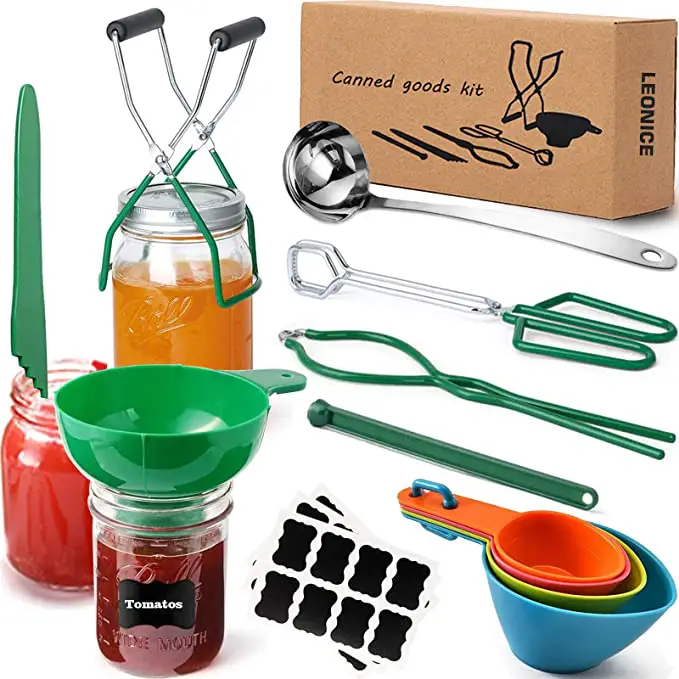
Canning Equipment – This canning starter kit, 22-quart Barton pressure canner and twelve-pack of Ball 16oz mason jars will help you preserve food as you work towards self-sufficiency.
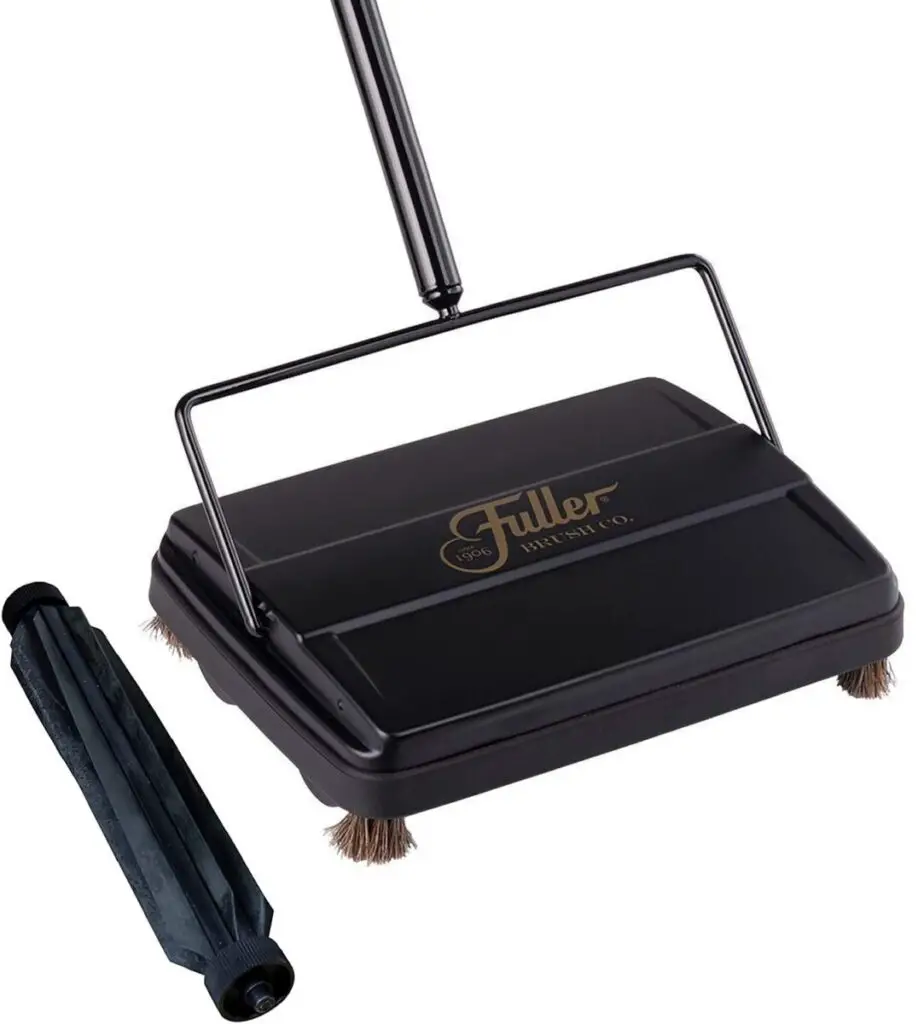
Cleaning: Fuller Carpet Sweeper –. This carpet sweeper is an ideal way to keep your home clean without using up your energy stores on vacuuming.

Handy Knife: Gerber Serrated Paraframe – This handy all-purpose knife is lightweight and ideal for all those little jobs around your home and garden.


